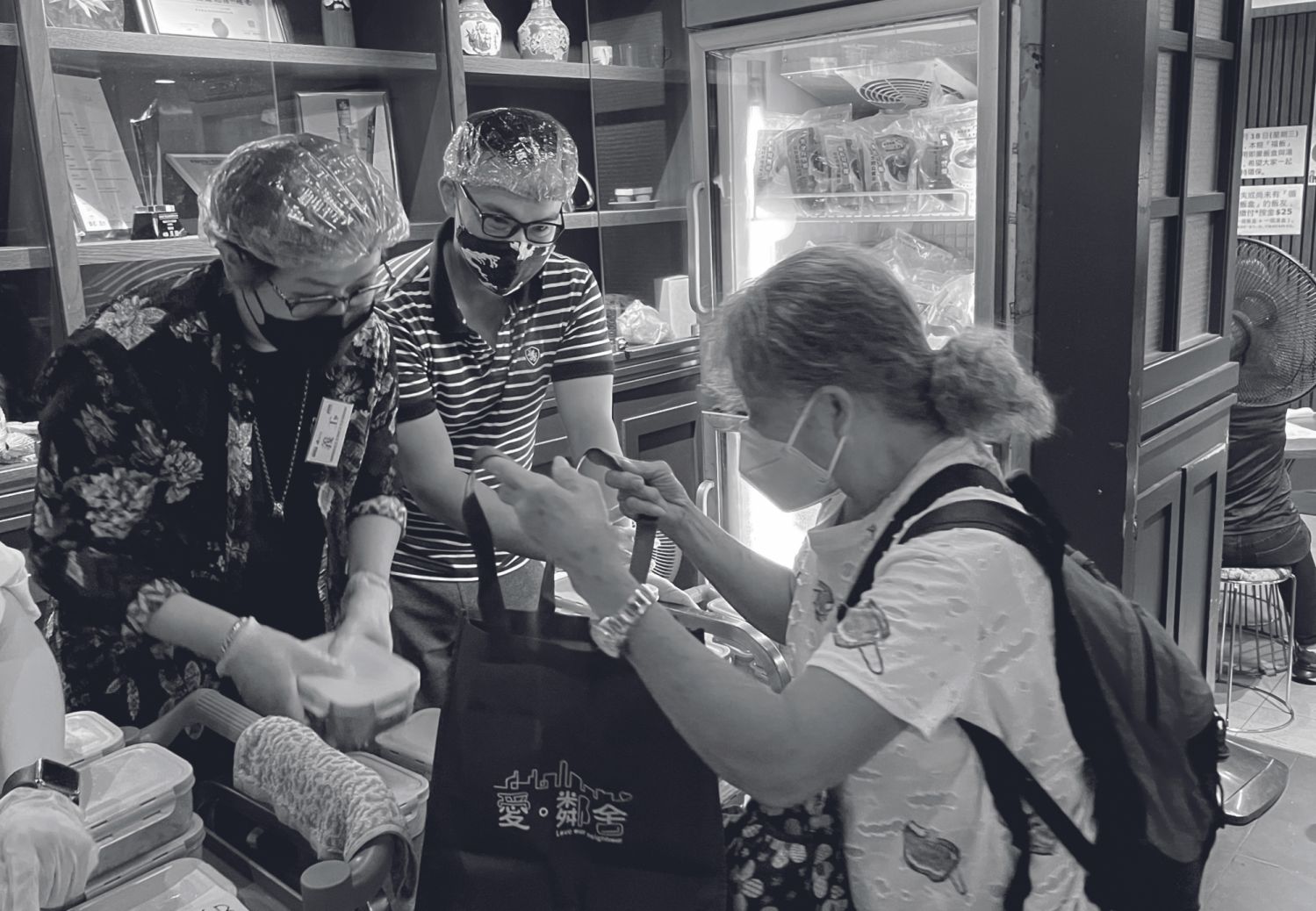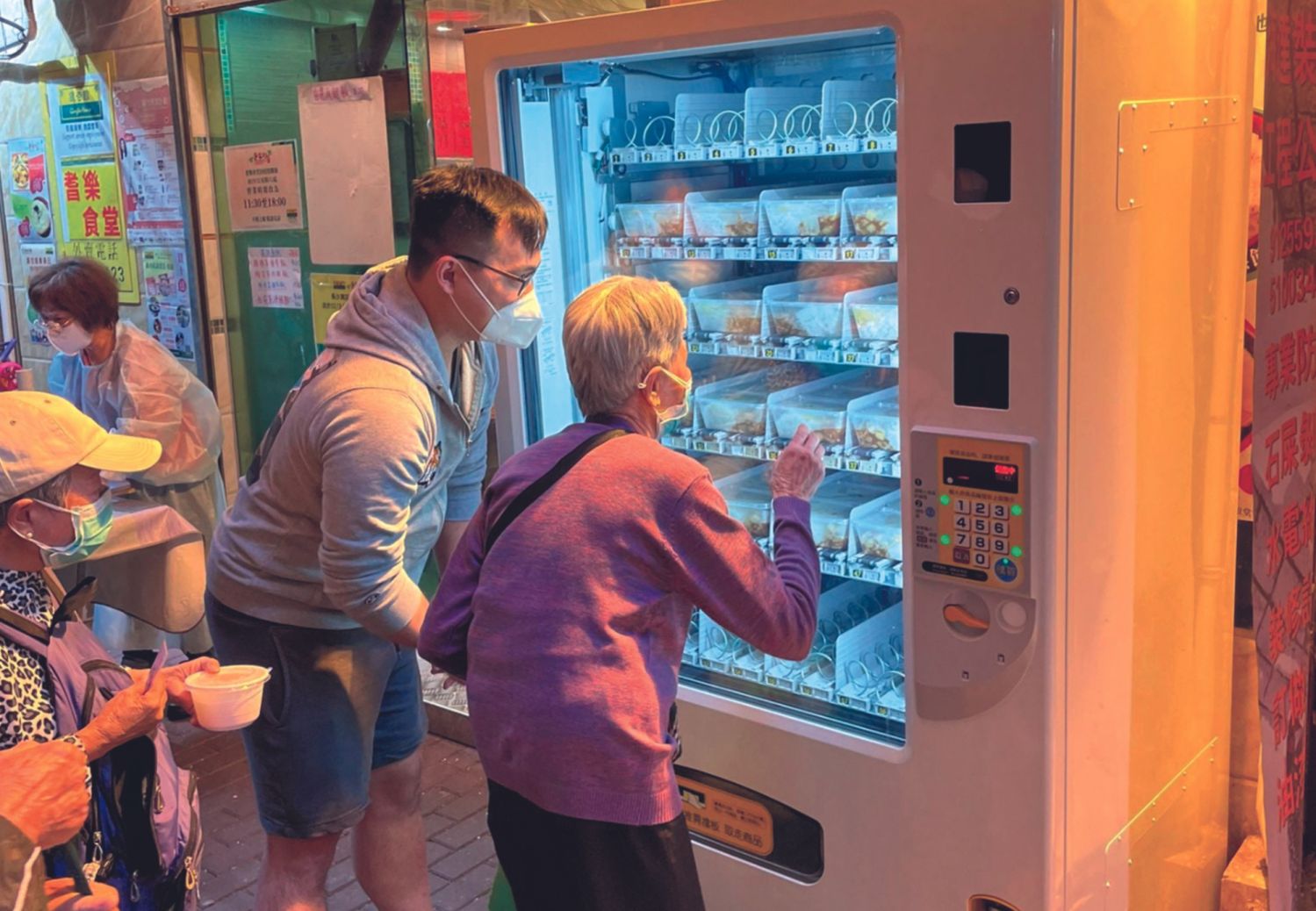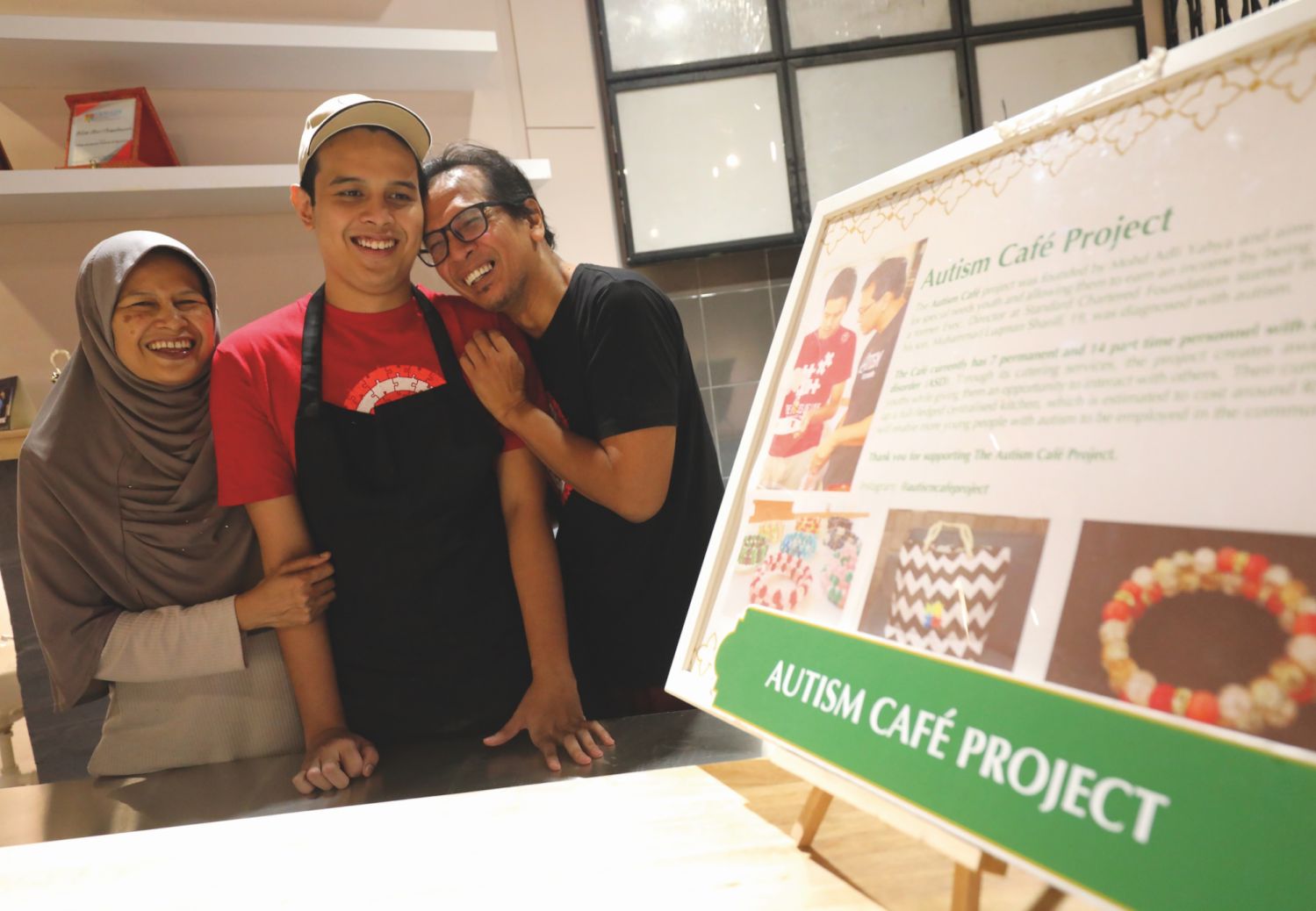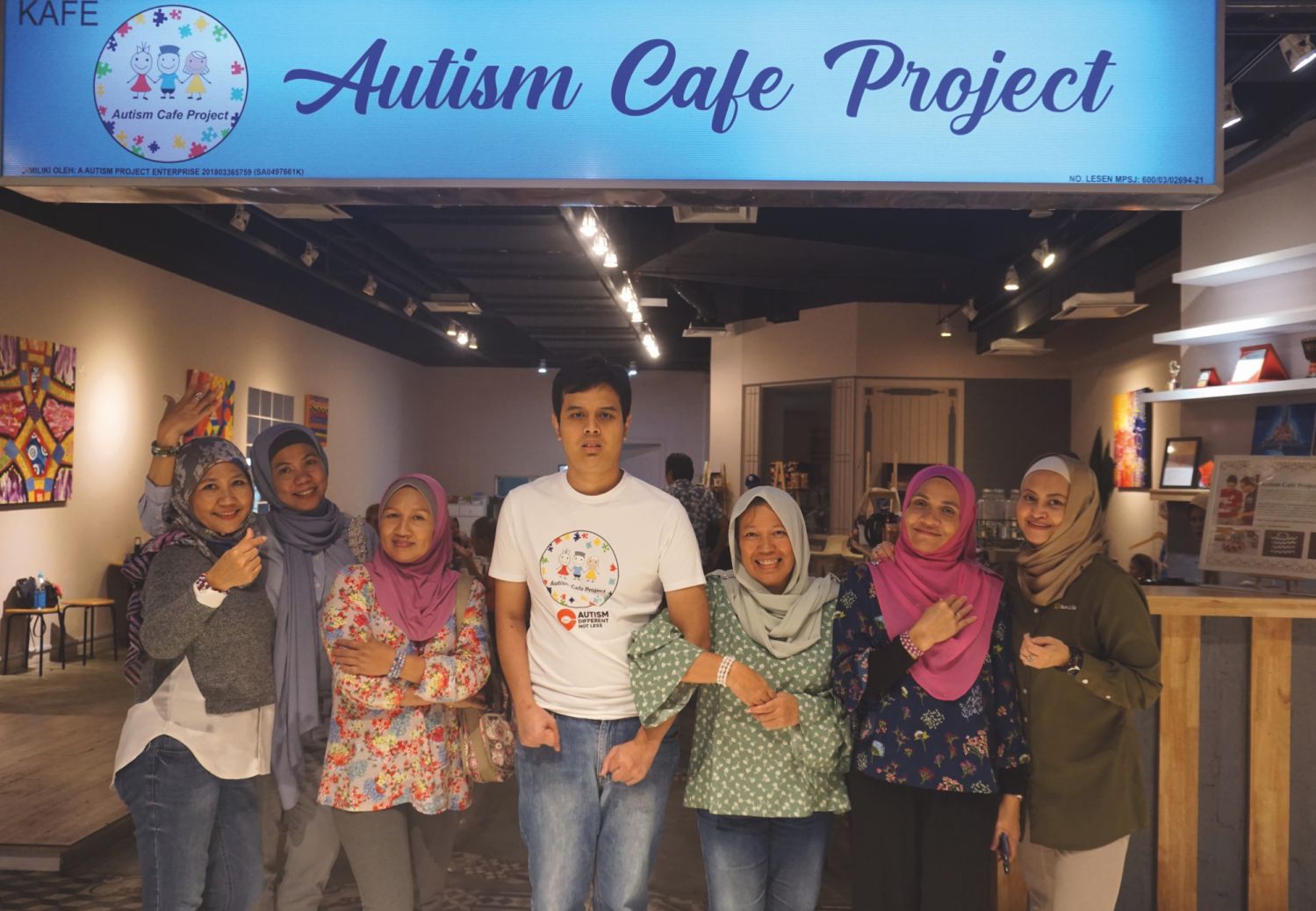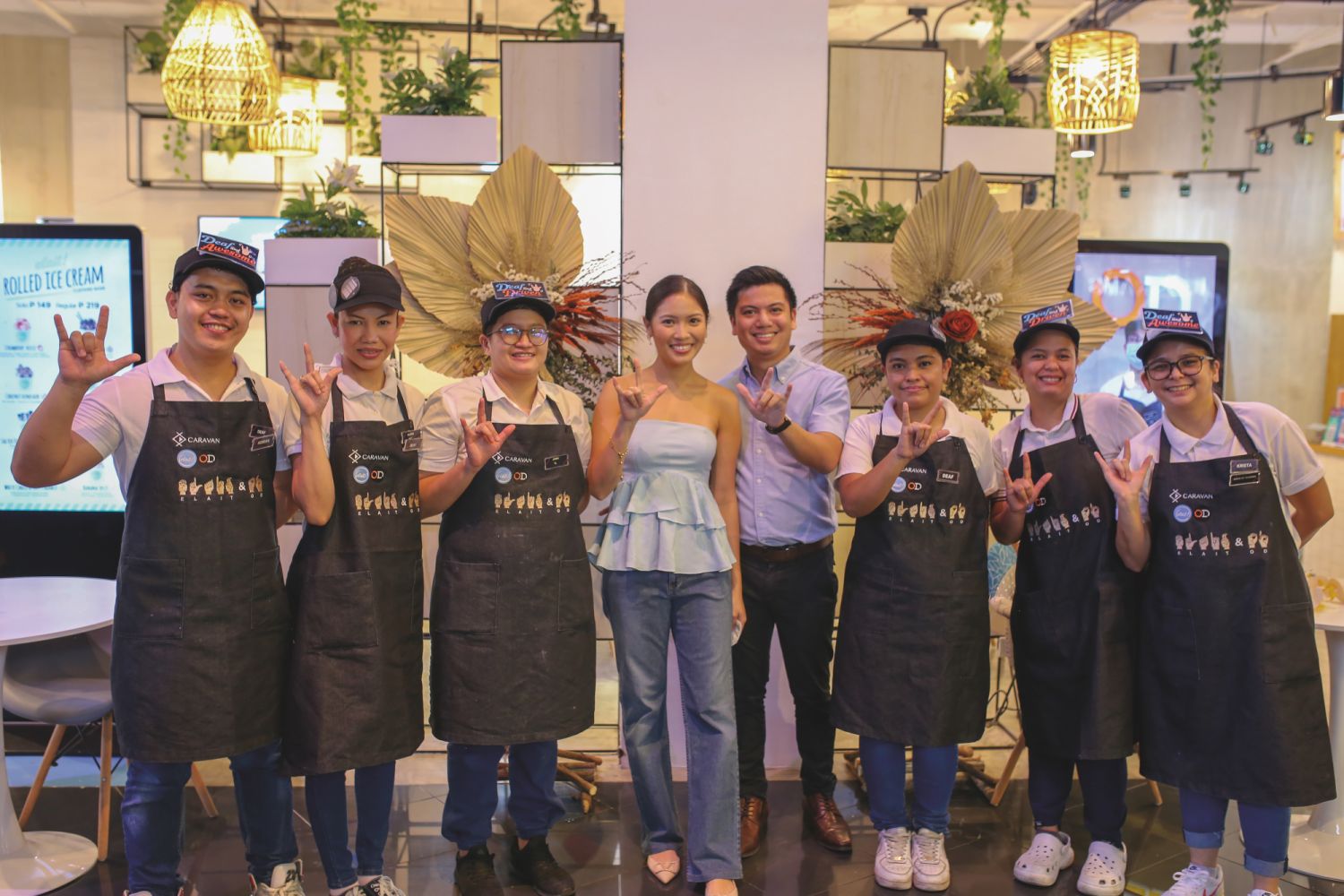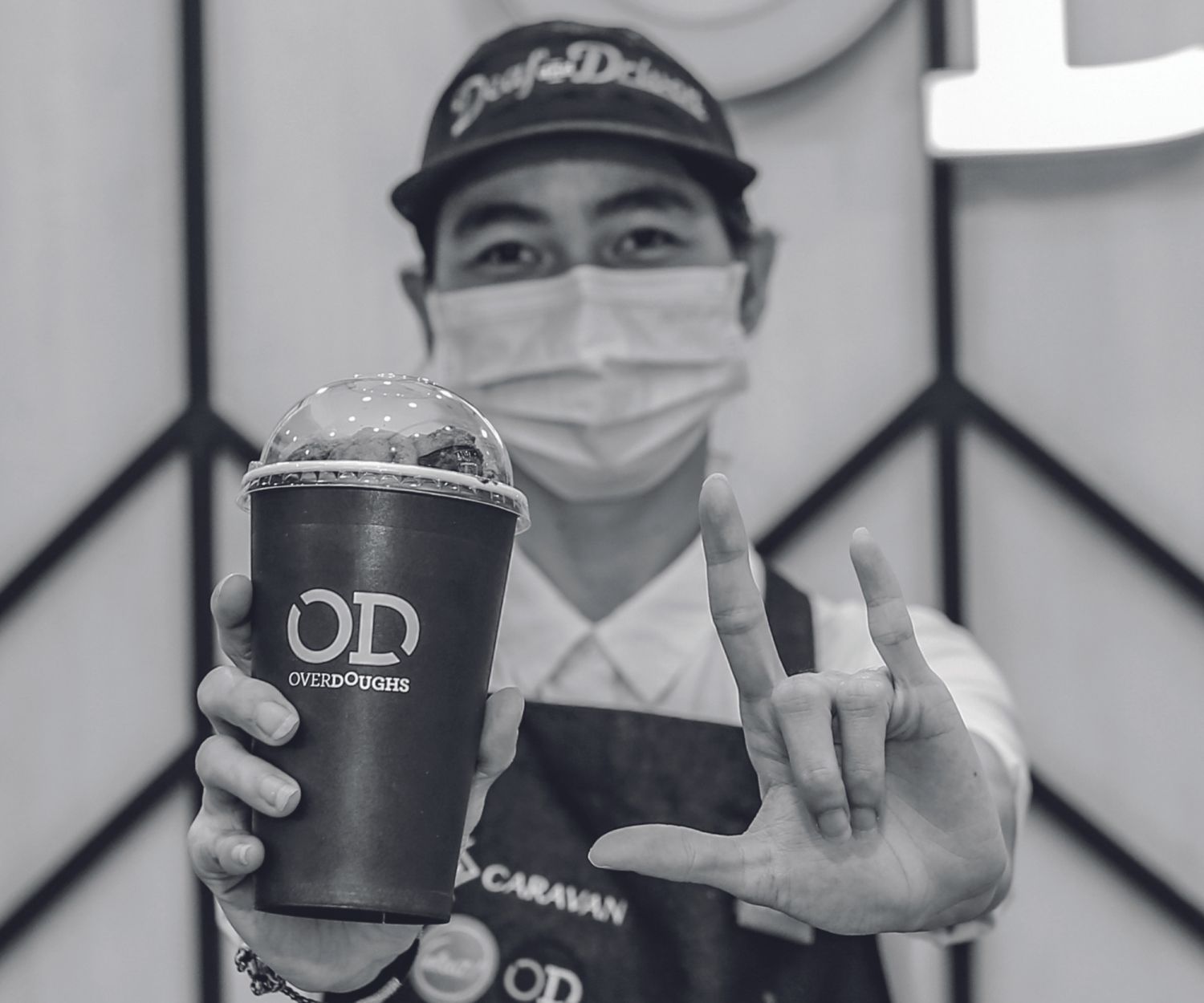How enterprises can use food as a basis to empower marginalised people in their communities
Food is a catalyst for connection and comfort, a symbol of culture and collaboration that unites across divides. Its nourishment often goes beyond what we eat, as restaurants across Asia are showing by using food as a basis for enterprises that create social change and transform lives.
Hong Kong-based social enterprise Gingko House empowers elderly people by giving them job opportunities while feeding people experiencing hunger through its Love Project, a programme that provides free meals to beneficiaries, who include homeless people, low-income families, senior residents and those who are unemployed. Thanks to volunteers and donors, 1,000 rice boxes are given out each day among the four venues. “Our main focus is hiring senior citizens with financial and emotional needs,” says Kenneth Choi, Gingko House’s director of business development.
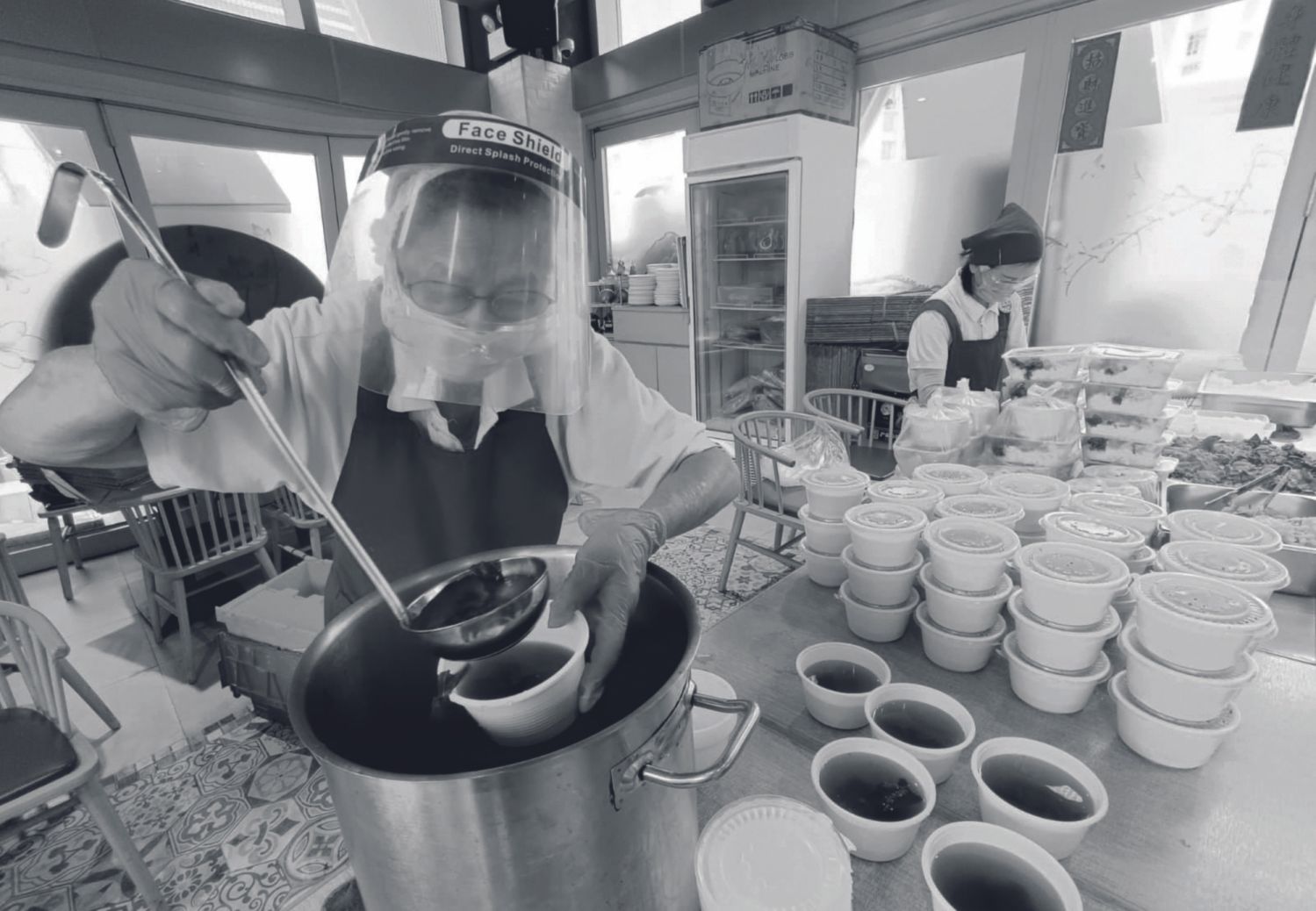
Gingko’s story began when CEO, Joyce Mak, worked for a depression hotline and took a high number of calls from men over the age of 55 who had recently retired. “Whether they retired voluntarily or were forced into retirement, these individuals felt like they had lost their purpose in life,” explains Choi on Mak’s behalf. “The idea was to give them [a sense of] purpose again, and, hopefully, that they would be able to enjoy a fruitful and meaningful life, even after retirement.”
According to the latest census figures, one in five people in the city is elderly. Yet ageism is rife, especially in the workplace, where senior citizens are considered less able. Choi adds, “People will say that they’re too slow or clumsy and keep dropping things, but some of these seniors have years of restaurant experience… and they want to contribute to society.”

